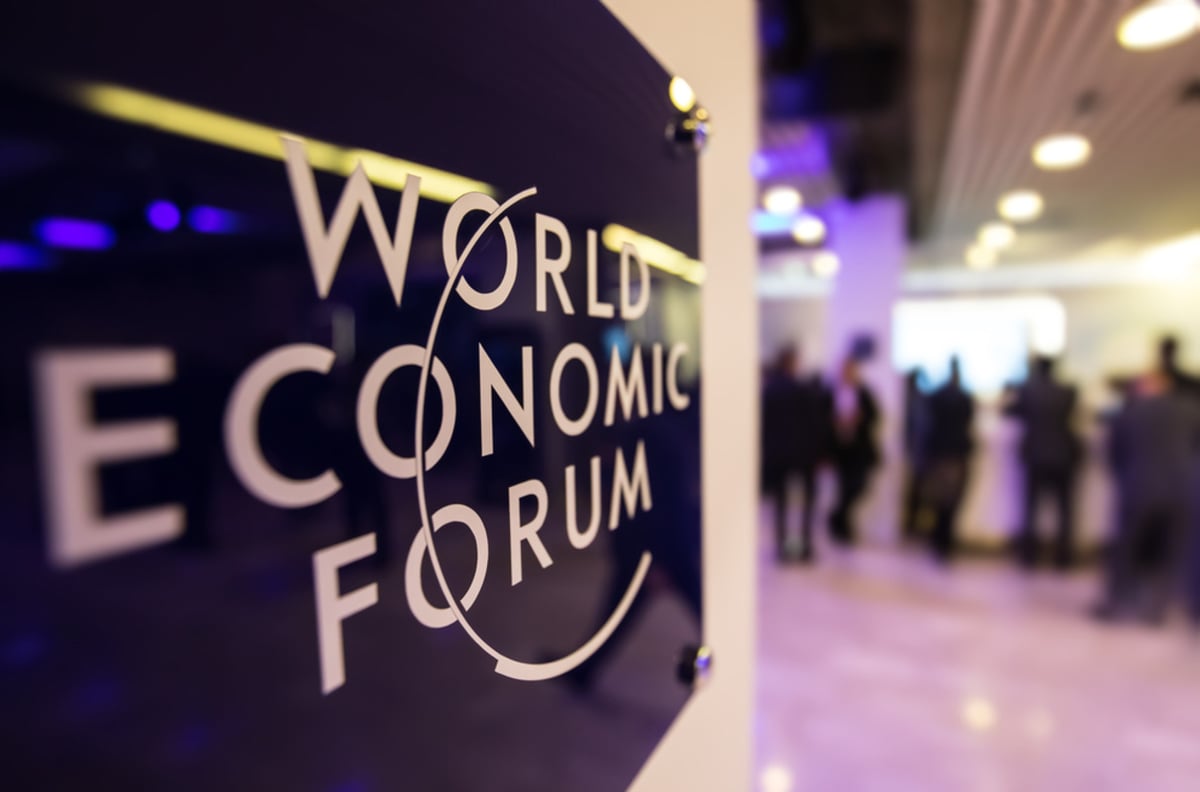The World Economic Forum (WEF) released today the Global Cooperation Barometer, a tool designed to assess the state of global cooperation.
Developed in partnership with McKinsey & Company, this barometer utilizes 42 indicators to evaluate five key aspects of global cooperation from 2012 to 2022: trade and capital, innovation and technology, climate and natural capital, health and wellness, and peace and security.
According to the barometer’s findings, global cooperation demonstrated resilience across various dimensions from 2012 to 2020. However, there was an overall decline of 2 percent in cooperation from 2020 to 2022. The pillars of trade and capital, innovation and technology, and climate and natural capital exhibited positive signs of strength during the measured years. Nevertheless, the barometer also reveals the significant challenges encountered by the world in the past three years. These challenges include setbacks in global health cooperation and substantial increases in violent conflicts, resulting in declines in the health and wellness as well as peace and security pillars.
Read more: WEF: $13.5 trn investment needed in key sectors to accelerate decarbonization
The barometer release follows a year that was the hottest on record and saw escalating levels of conflict worldwide, but that also brought progress on climate action, trade agreements and innovation.
Addressing global challenges through cooperation
“The greatest challenges – and the most promising opportunities – for our planet, societies and economies are not bound by borders, which means the only way to address them is through cooperation,” said Børge Brende, president, World Economic Forum. “What the barometer shows is that cooperation on many issues is possible, even in the midst of competition and confrontation. In other words, leaders can work together despite not seeing eye-to-eye on everything,” Brende added. “It’s clear that on some dimensions the world has become increasingly divided, yet the barometer shows that when you look at the full picture, global cooperation has remained surprisingly robust over the last decade,” said Bob Sternfels, global managing partner, McKinsey & Company. “We’ve seen progress in collaboration across multiple areas, with special cause for optimism on climate and nature and breakthroughs in frontier technologies that draw on global contributions to innovation.”
Recommendations for business and government leaders
Alongside the release of the Global Cooperation Barometer, its accompanying report was also published today. This report puts forth a series of recommendations aimed at business and government leaders. These recommendations include the identification of opportunities to enhance public-private partnerships in areas where they have crucial operations and shared interests, such as research and development and the establishment of harmonized regulations for artificial intelligence and emerging technologies. Additionally, the report suggests leaders to envision cooperation in new ways, adopting a mindset of “coopetition” that seeks opportunities for collaboration despite competitive positions. Furthermore, the paper said leaders should utilize cooperation as a catalyst for further collaboration, leveraging instances of cooperation to not only advance interests in specific areas but also to foster trust and explore potential areas of alignment.
Moreover, the report highlighted that companies and nations that prioritize the identification and establishment of strong cooperative arrangements are not only better equipped to withstand supply disruptions but also have a higher likelihood of recovering and rebounding more effectively.
For more news on the economy, click here.








